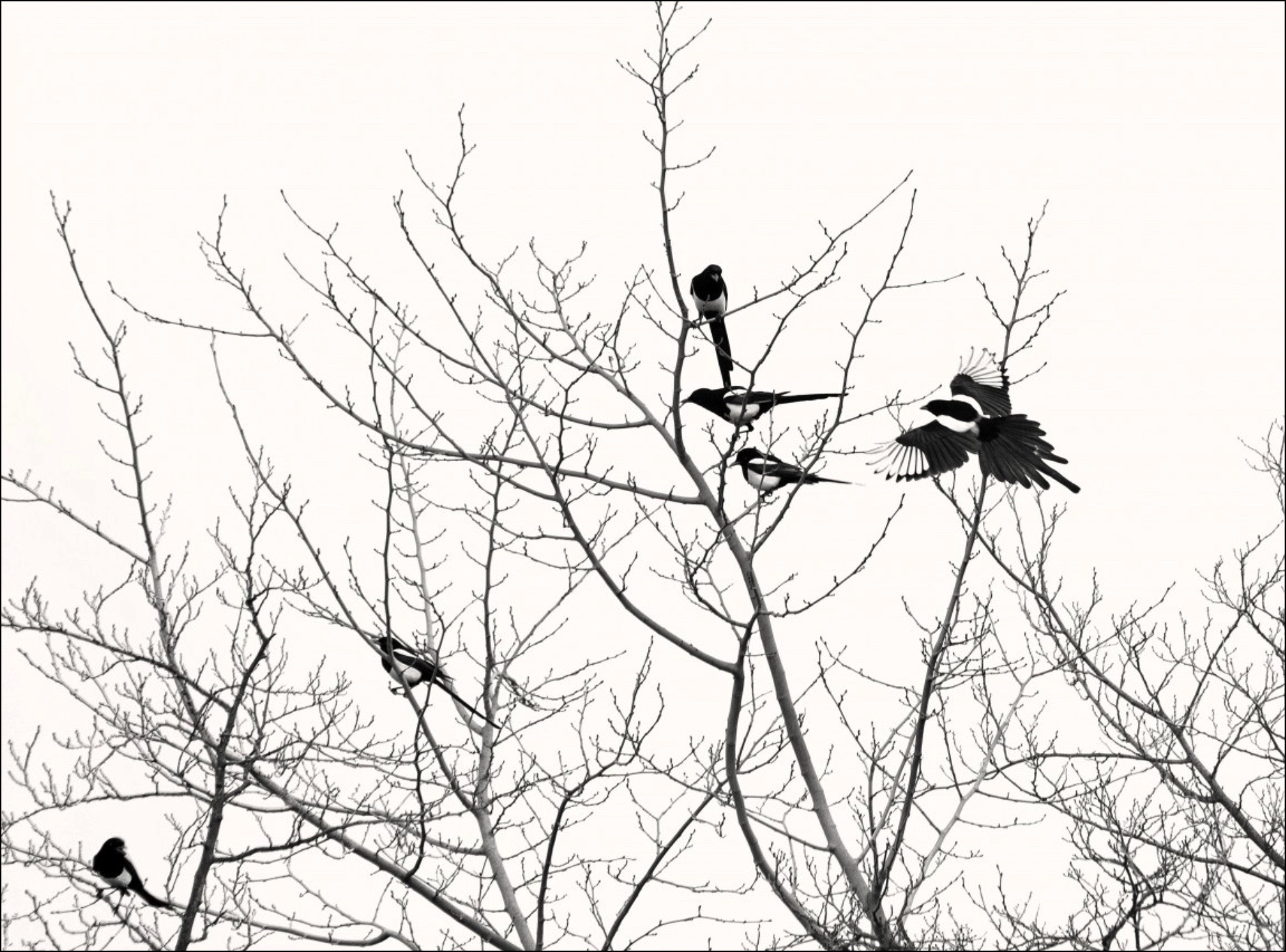As I write this, thankfully our beautiful nature reserve seems relatively unaffected by the outbreak of bird flu that is widespread across the UK. However, I know how lucky we are as other nature reserves have suffered devastating losses, especially those with seabird colonies such as at Bempton Cliffs in Yorkshire and some of our tern colonies in North Norfolk have suffered major losses too. The outbreak has been life-changing for commercial poultry farms too, and for the domestic keeper, all birds must be housed indoors for the foreseeable future.
In light of all this, it seems right to talk this month about bird flu and what to do if we suspect it ourselves when out and about. The symptoms to look for are very wide-ranging but lethargy, runny eyes, confusion, unresponsiveness, droopy wings or shaking are common- more or less the symptoms a human with ‘flu might have. If you see a wild bird with these symptoms, or a dead bird, its best not to touch it, although the presence of bird flu can only be confirmed with formal testing by DEFRA. Reporting it is only necessary in certain circumstances- if you have found:
- one or more dead birds of prey
- 3 or more dead gulls or wild waterfowl (swans, geese and ducks)
- 5 or more dead birds of any species
To report a dead bird, call Defra on 03459 335577.
We still receive plenty of phone calls about injured birds, and many of those phoning in do have questions about whether it is safe or even legal to touch injured birds. In cases where the bird has a visible and localised injury- for example, a bird at the side of the road with a damaged wing, or in a garden with a puncture wound or two, perhaps from a cat, birds can still be handled in order to get them to a rehabilitator, if you are comfortable doing so. It IS always a good idea to wear gloves when handling any wildlife, and to wash your hands after moving the bird. The Wildlife Lounge in Feltwell (01842 827555) or PACT Animal Sanctuary near Swaffham (01362 820775) are very good places to contact about what to do with an injured bird.
A great place for extra advice is to visit the government website https://www.gov.uk/guidance/avian-influenza-bird-fluif you have any questions that I haven’t answered here.
Cases of bird flu are beginning to decline in seabird colonies, and we can only hope the trend will continue. But what lies next in the outbreak is largely unknown- but knowing what to do when faced with sick birds, and cleaning our garden bird feeders and baths regularly, is something we can each do to help the situation.
With best wishes, Heidi Jones (Visitor Experience Officer, RSPB Lakenheath Fen).
Events at RSPB Lakenheath Fen- November 2022 – January 2023
Places for all events need to be booked online- please visit events.rspb.org.uk/lakenheathfen to read more and book tickets.
Raptors in the Reedbed winter guided walk
We will be hosting two guided walks this winter to look for birds of prey at dusk across the reserve- with luck we will see marsh harriers roosting in the reedbeds as well as barn owls, possibly merlin, peregrine and we should hear tawny owls too. Not to mention other winter delights such as whooper swans flying overhead too!
Sunday 11 December 2022 (1:30pm-4:30pm). Fully booked (with no cancellations) at the time of writing.
Saturday 14 January 2023 (2pm-5pm). Still a few places left!
Price: RSPB members (£12 adults, £6 Under 16’s), non-RSPB members (£15 adults, £7.50 Under 16’s).

